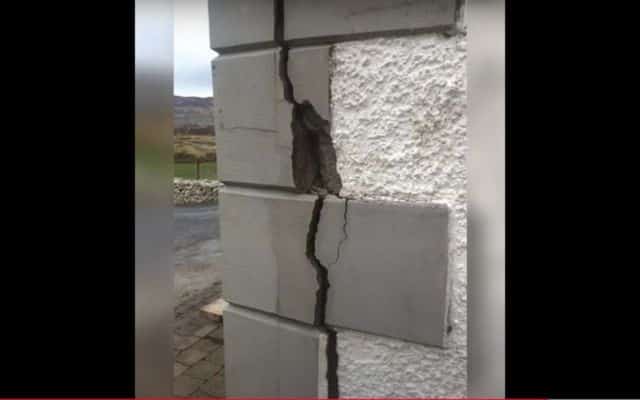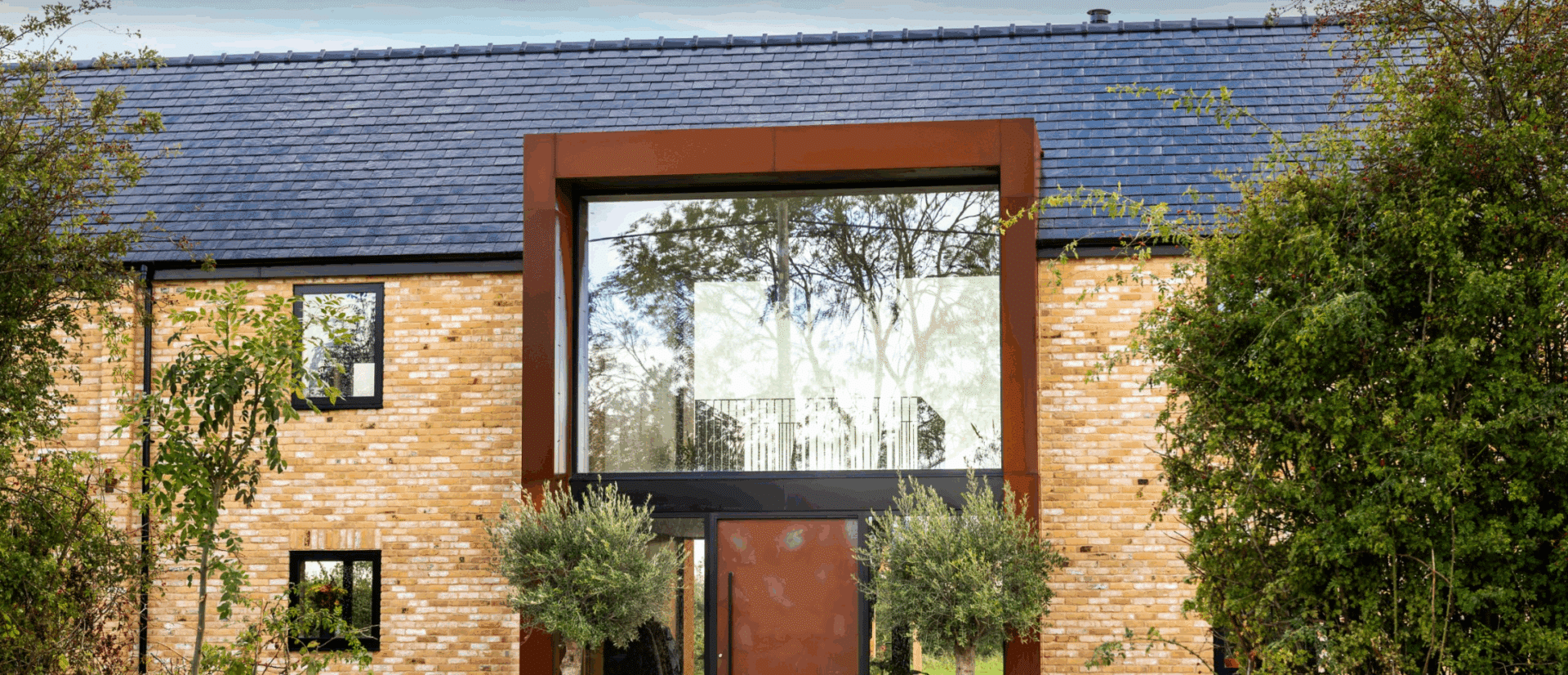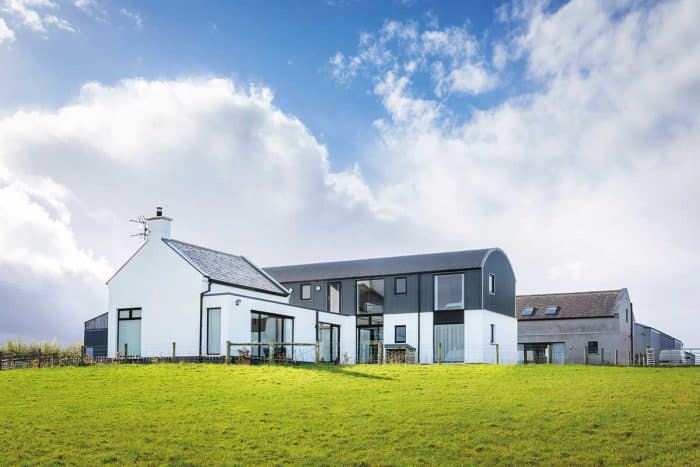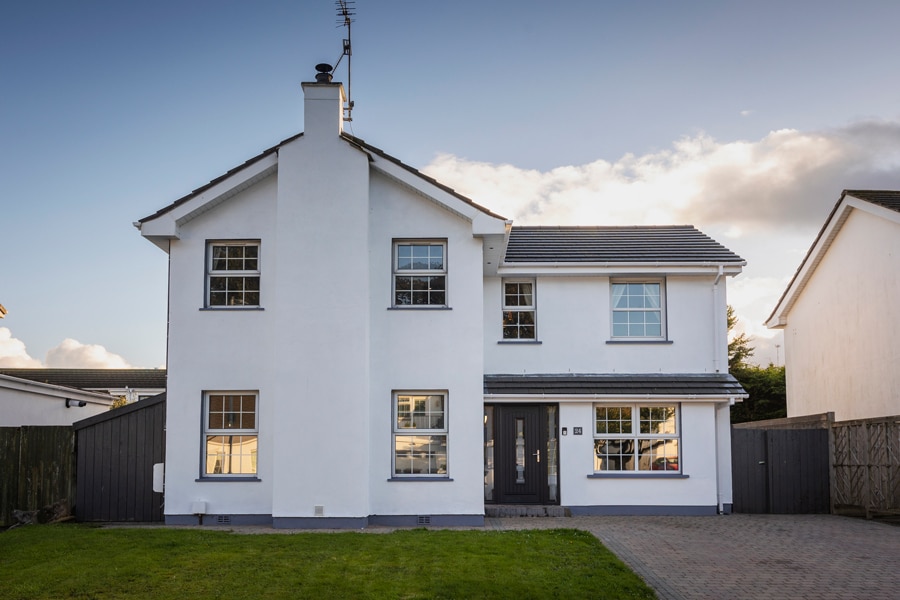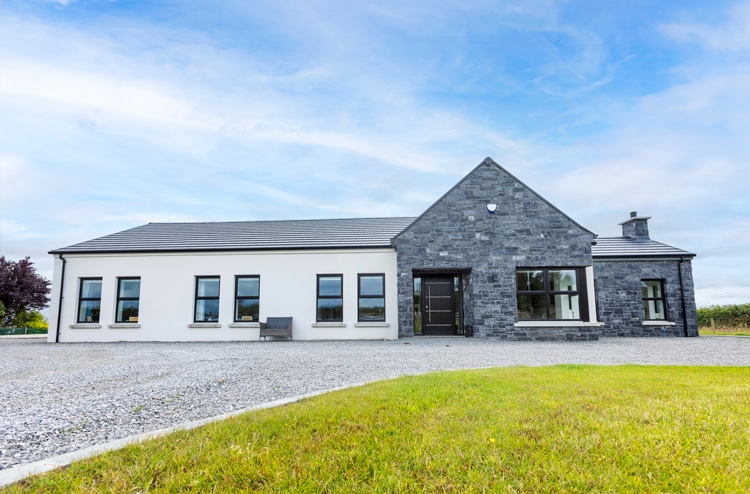Politicians call for the ROI government to give self-builders more time to build their homes, by continuing to give them an extension to their grant of planning permission.
In this article we cover:
- What the situation is now
- What changes are happening with extensions of planning permission
- The case for making one-off houses exempt
- Reasons to keep the limit at five years
- Links to debates
- Next steps
Self-builders who have not been able to start their build, and need to delay it further, will no longer be given an opportunity to request an extension to their grant of planning permission.
Self-builders have had to put their builds on hold for many reasons. There’s the cost of building, lenders reneging on mortgage approvals, a lack of builders, and even ill health due to Covid.
One-off houses are typically given a five year timeframe to build their house. Extending that timeframe was possible but a change in legislation means no more extensions will be granted unless the house reaches wall plate level, among other conditions.
Any extensions previously granted will expire on December 31, 2023.
Exception for one-off houses
He tells Selfbuild he’d be disappointed if the change didn’t happen, having discussed the matter with Minister O’Brien.
Local authorities can only grant an extension of duration where self-builders can show the “substantial works have been completed” and “the development will be completed in a reasonable time” among other requirements, according to Malcolm Noonan, Minister of State at the Department of Housing, Local Government and Heritage with special responsibility for Heritage and Electoral Reform.
“They may get started but at the moment the conditions state they must have a reasonable amount of work done and in most cases councils will insist that is up to wall plate level,” said Senator Paul Daly at a Seanad debate in October 2022.
The commencement of the Planning and Development (Housing) and Residential Tenancies Act 2016 deleted the section that allowed for extending the timeframe a planning application could be valid for.
“This removes the possibility of an extension of duration for uncommenced development or development where substantial work has not been carried out,” said Minister of State Noonan. “The Department does not have plans to introduce further legislation to extend planning permission. It is open to individuals who cannot avail of an extension of duration to reapply for planning permission.”
The Minister of State added that any measures must have “a positive effect on development and must incentivise holders of a planning permission to activate and complete planning permissions to the greatest extent possible, as soon as possible, particularly with respect to housing developments”.
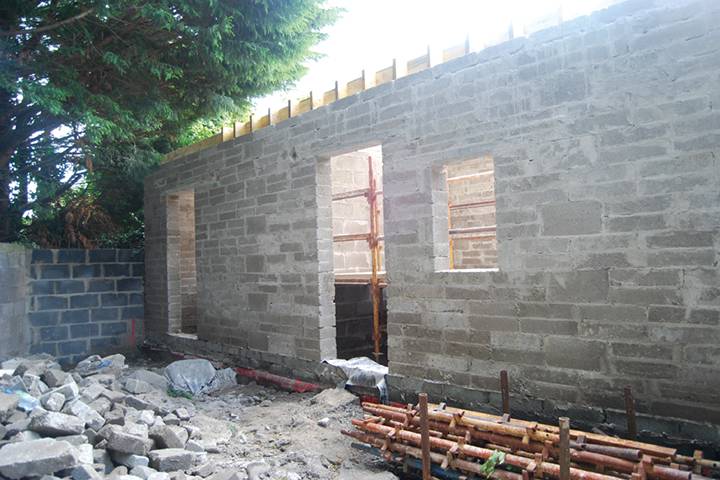
Not a carte blanche
Senator Daly said he didn’t want the exemption to be a “carte blanche” to extend all planning permissions. “The last thing I want to start is a process from which people who are hoarding larger development sites benefit,” he said, adding that local authorities should have the power to evaluate the extension request on a case by case basis.
“People have genuine reasons for not being able to proceed, for maybe not being able to commence on time, but they still genuinely intend to go ahead,” added Daly. “If they were allowed to make a case, without being required to have commenced and to have reached a specific level with their house, it would be of benefit to the one-off housing market in rural Ireland.”
“I have tremendous sympathy for anyone who has been caught in that cycle or whose banks have rescinded mortgages because of circumstances or due to Covid-19,” said Minister of State Noonan. “It is critically important that they engage and I hope they will be able to advance plans for their homes.”
“The intention of the recently introduced catch-all legislation was to force developers to build on sites with active planning permission. However, the unintended consequence was for guys who had one-off houses,” Senator Davitt said in a press release.
“They were building their own private home. They have seen the cost of building go exponentially through the roof and have had difficulty trying to get labour and building supplies. One-off housing is a serious issue in rural Ireland and there has to be a bit of leeway regarding one-off housing. I would implore the Minister to examine this issue and put in place a provision for extending permission for those building one-off rural houses.”


